Why Getting a Good Night’s Sleep Becomes Harder as We Get Older
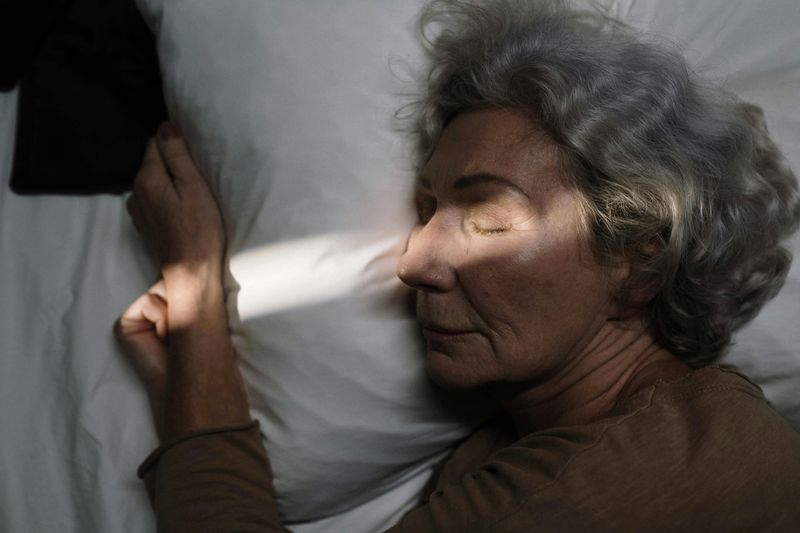
Sleep is like a best friend that slowly drifts away as we add more candles to our birthday cakes. While younger folks might drift off the moment their heads hit the pillow, many older adults find themselves counting sheep well into the night. This isn’t just annoying—it affects our health, mood, and overall quality of life. Let’s explore why catching those Z’s becomes trickier as we age.
1. Our Sleep Architecture Crumbles
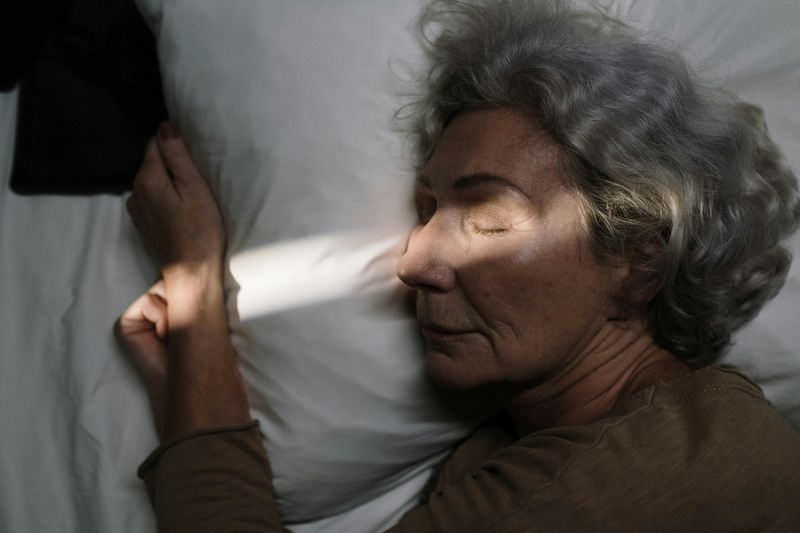
Remember those deep, dreamy slumbers of your youth? As we age, our brains spend less time in that restorative deep sleep phase and more time in lighter sleep stages.
This shift isn’t just annoying—it’s fundamental to why older adults often feel their sleep isn’t refreshing. You might find yourself waking up multiple times throughout the night, even if you don’t remember it the next day.
The result feels like trading in a luxury mattress for a lumpy futon—technically you’re still sleeping, but the quality just isn’t the same.
2. Body Clock Gets Rewired
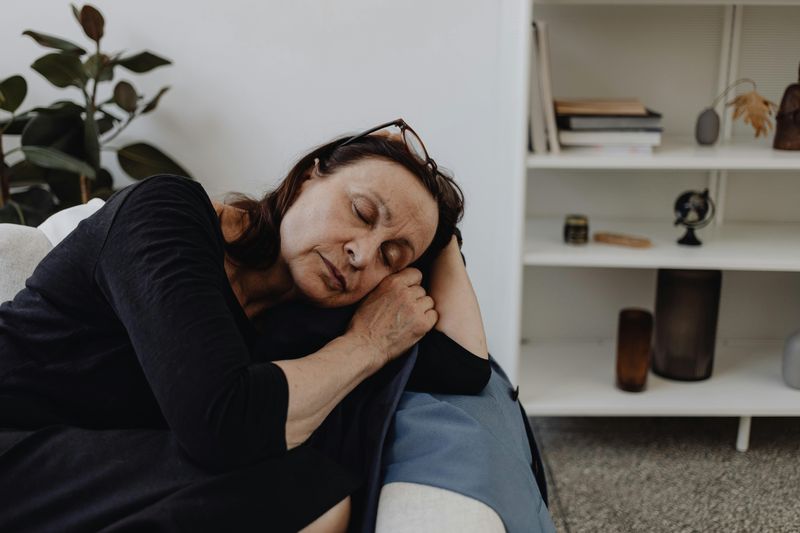
Your internal timekeeper gradually shifts forward as you age. Many seniors find themselves nodding off during Wheel of Fortune and then wide awake at 4 AM wondering what to do with themselves.
This phenomenon, called phase advancement, happens because aging affects the suprachiasmatic nucleus—the master clock in your brain. Your body starts producing sleep signals earlier in the evening and wake-up hormones earlier in the morning.
The frustrating result? You might be exhausted by 8 PM but find yourself greeting the sunrise when you’d rather be sleeping.
3. Melatonin Production Takes a Nosedive
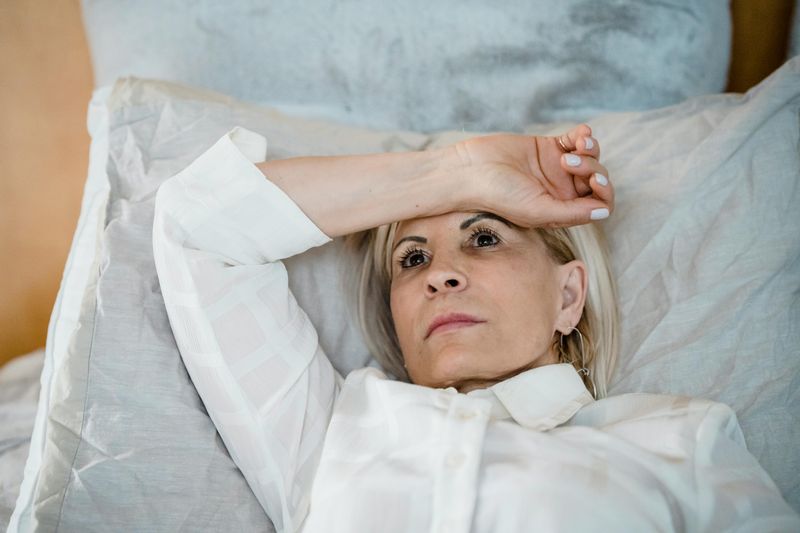
The sleep hormone melatonin doesn’t flow as freely as we age. Your pineal gland—the tiny melatonin factory in your brain—gradually produces less of this crucial sleep signal as birthdays accumulate.
Lower melatonin levels mean your body receives a weaker “time for bed” message when darkness falls. Many older adults report that even when they feel tired, their brains seem reluctant to surrender to sleep.
This hormonal decline explains why many seniors find themselves lying awake despite feeling physically exhausted—their bodies simply aren’t getting the chemical cue to drift off.
4. Health Problems Crash the Sleep Party

Growing older often means collecting a few health conditions along the way. Arthritis pain might jolt you awake when you shift positions. Sleep apnea can interrupt your breathing multiple times hourly without you even knowing.
Medications add another layer of complexity. Blood pressure meds, antidepressants, and other common prescriptions might interfere with sleep quality or timing. Those nighttime bathroom trips from an enlarged prostate or overactive bladder don’t help either.
Even heartburn or acid reflux can worsen when lying down, making comfortable sleep positions harder to find.
5. Your Body Craves More Movement
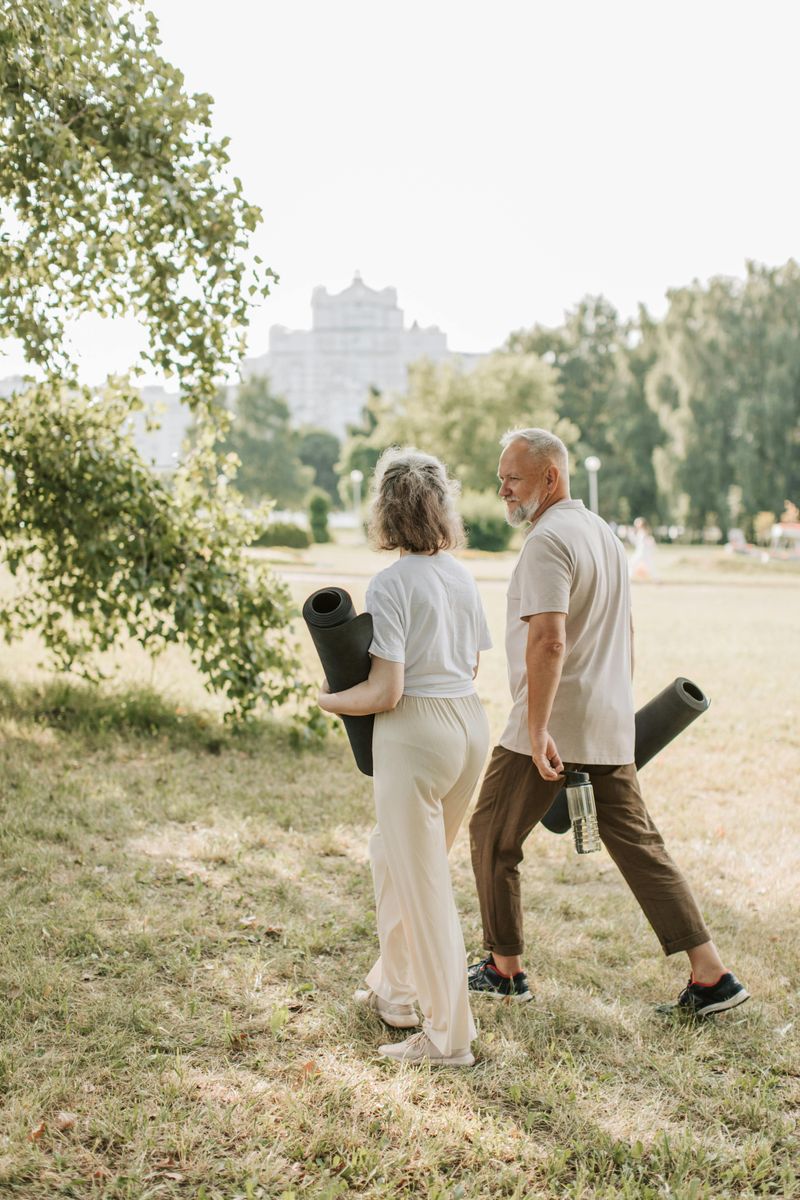
Remember feeling deliciously tired after a day of physical activity? Many older adults become less active, missing out on the natural sleep-promoting benefits of regular exercise.
Our bodies build up something called sleep pressure throughout the day—essentially, the longer we’re awake and active, the stronger our drive to sleep becomes. Without sufficient physical activity, this pressure builds more slowly, making it harder to fall asleep at night.
The good news? Even gentle movement like walking or swimming can help restore healthy sleep patterns by increasing your body’s natural craving for rest.
6. Emotional Baggage Weighs on Your Eyelids
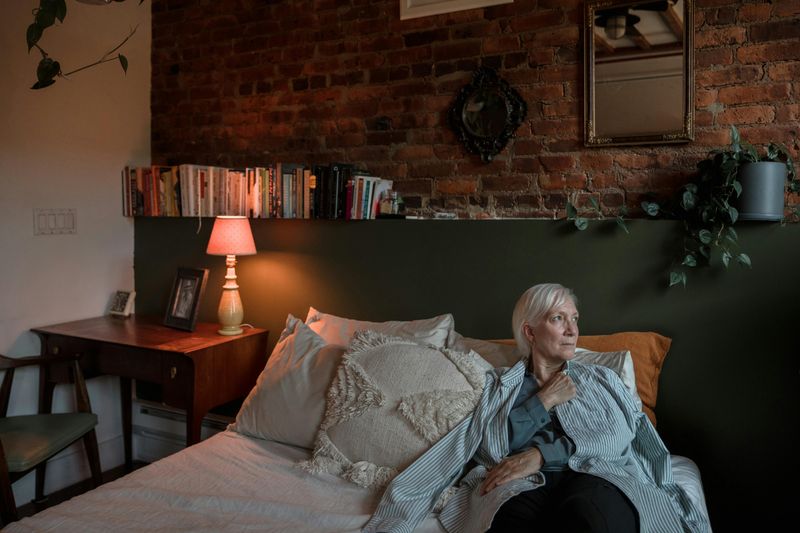
Life’s challenges accumulate as we age. Retirement can disrupt daily routines that once anchored our sleep schedules. The loss of loved ones brings grief that often manifests as insomnia.
Social connections may dwindle, leaving more quiet time for worries to echo in the silence. Financial concerns about retirement savings or healthcare costs don’t magically disappear at bedtime. Many older adults find themselves replaying conversations or worrying about tomorrow when they should be sleeping.
This mental chatter creates a frustrating cycle—anxiety prevents sleep, and sleep deprivation worsens anxiety.
7. Food and Drink Hit Differently
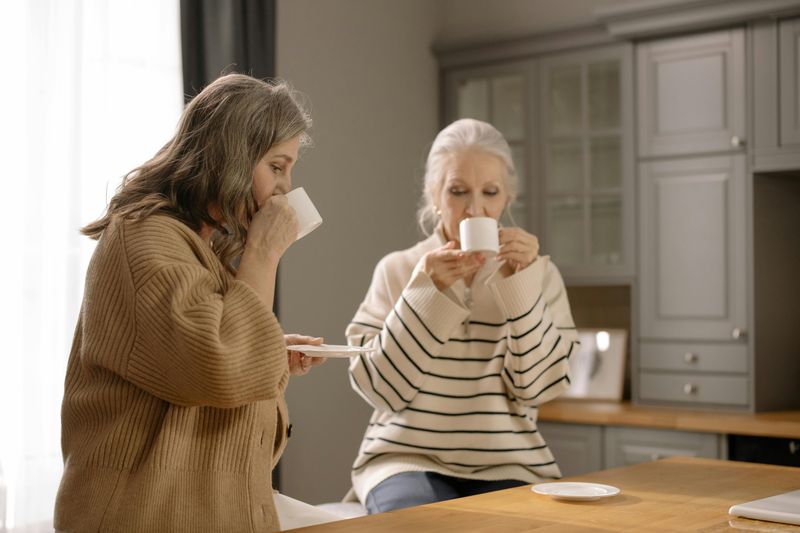
That afternoon coffee or evening glass of wine affects you more intensely with age. Your body processes caffeine and alcohol more slowly as you get older, meaning that 2 PM espresso might still be circulating at bedtime.
Digestive changes can make heavy or spicy evening meals uncomfortable, while some seniors experience changes in appetite that disrupt regular eating patterns. Even mild dehydration, common in older adults, can affect sleep quality.
Metabolism slows too, making late dinners more likely to interfere with sleep as your body works overtime digesting when it should be resting.
8. Screens Become Sleep Saboteurs

The quiet evening hours can feel especially lonely for older adults living solo. Many turn to televisions, tablets, and phones for company, unaware they’re sabotaging their sleep.
Electronic devices emit blue light that tricks your brain into thinking it’s still daytime, suppressing that already-declining melatonin production. The stimulating content doesn’t help either—news programs, exciting shows, or social media can activate your brain when it should be winding down.
For many seniors, screens have replaced the calming bedtime rituals that once signaled to their bodies that sleep time was approaching.
9. Daytime Naps Steal Nighttime Sleep
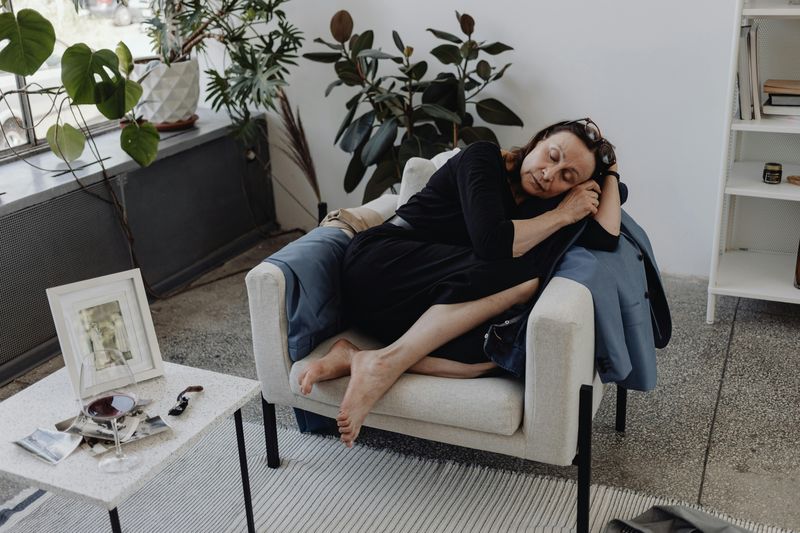
That afternoon snooze feels so tempting, especially when you didn’t sleep well the night before. However, napping can become a double-edged sword for older adults.
Frequent or lengthy daytime naps reduce sleep pressure—your brain’s biological need for sleep—making it harder to drift off at bedtime. Many seniors find themselves caught in a frustrating cycle: poor nighttime sleep leads to daytime fatigue, which triggers napping, which then further disrupts nighttime sleep.
Strategic timing matters too—naps taken late in the day are more likely to interfere with your ability to fall asleep at night.

Comments
Loading…